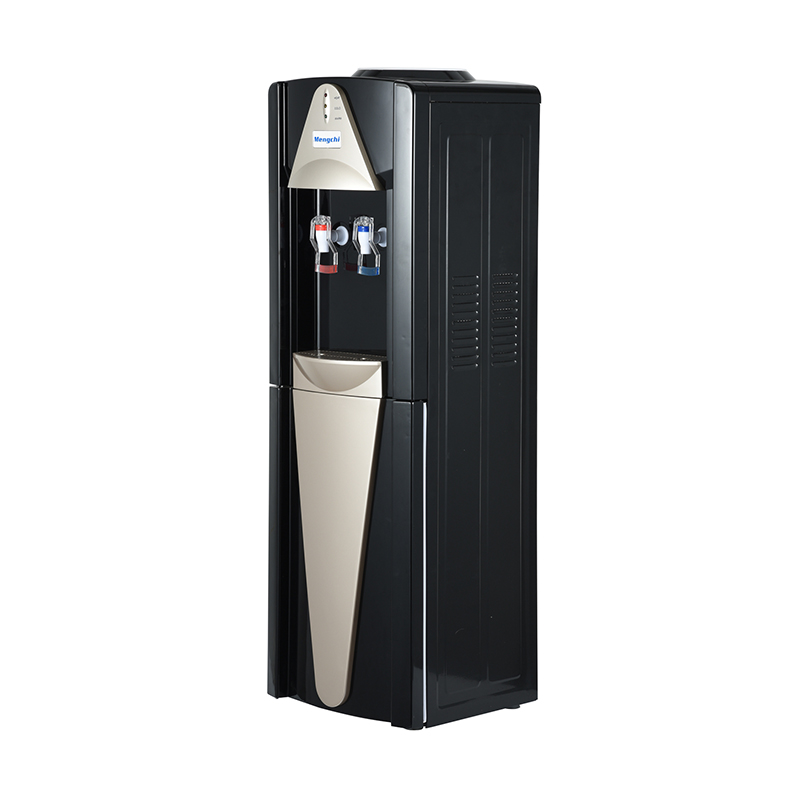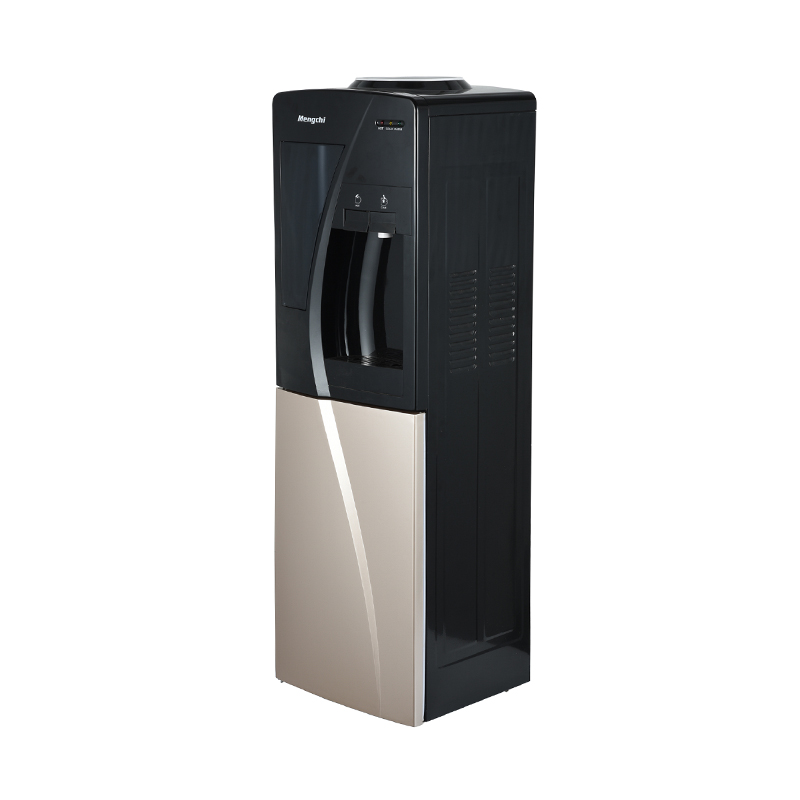Filtration systems in modern water dispensers play a vital role in improving water quality. These systems employ various methods and technologies to remove contaminants and impurities from the water.
Multi-Stage Filtration:
Modern water dispensers often use multi-stage filtration processes that target different types of contaminants. These stages typically include sediment filtration, activated carbon filtration, and sometimes additional filtration methods like reverse osmosis or UV purification.
Sediment Filtration:
The initial stage of many filtration systems involves sediment filtration. This step removes larger particles, such as sand, silt, and rust, which can affect water clarity and taste.
Activated Carbon Filtration:
Activated carbon is a commonly used medium in water dispenser filters. It effectively removes chlorine, volatile organic compounds (VOCs), bad odors, and unpleasant tastes from the water. The activated carbon has a porous structure that captures these impurities as water passes through.
Reverse Osmosis (RO):
Some high-end water dispensers incorporate reverse osmosis technology, which is highly effective at removing a wide range of contaminants, including heavy metals, bacteria, viruses, and dissolved solids. RO systems use a semipermeable membrane to filter out impurities, producing exceptionally pure water.
UV Purification:
UV-C sterilization is another advanced feature found in some water dispensers. UV-C light effectively disinfects the water by destroying bacteria, viruses, and other microorganisms. This ensures that the dispensed water is microbiologically safe to drink.
TDS Monitoring:
Total Dissolved Solids (TDS) refers to the concentration of dissolved minerals and salts in water. Some water dispensers include TDS monitors that measure and display the TDS level in real-time. This feature allows users to assess water quality and filter performance.
Filter Replacement Alerts:
To maintain optimal filtration performance, many modern water dispensers are equipped with filter replacement indicators. These alerts remind users when it's time to replace the filters, ensuring that the water remains clean and safe to consume.
Easy Filter Replacement:
Filter replacement in modern water dispensers is typically a straightforward process. Manufacturers design their appliances with user-friendly filter replacement mechanisms, making it easy for users to change filters without the need for special tools or technical expertise.











